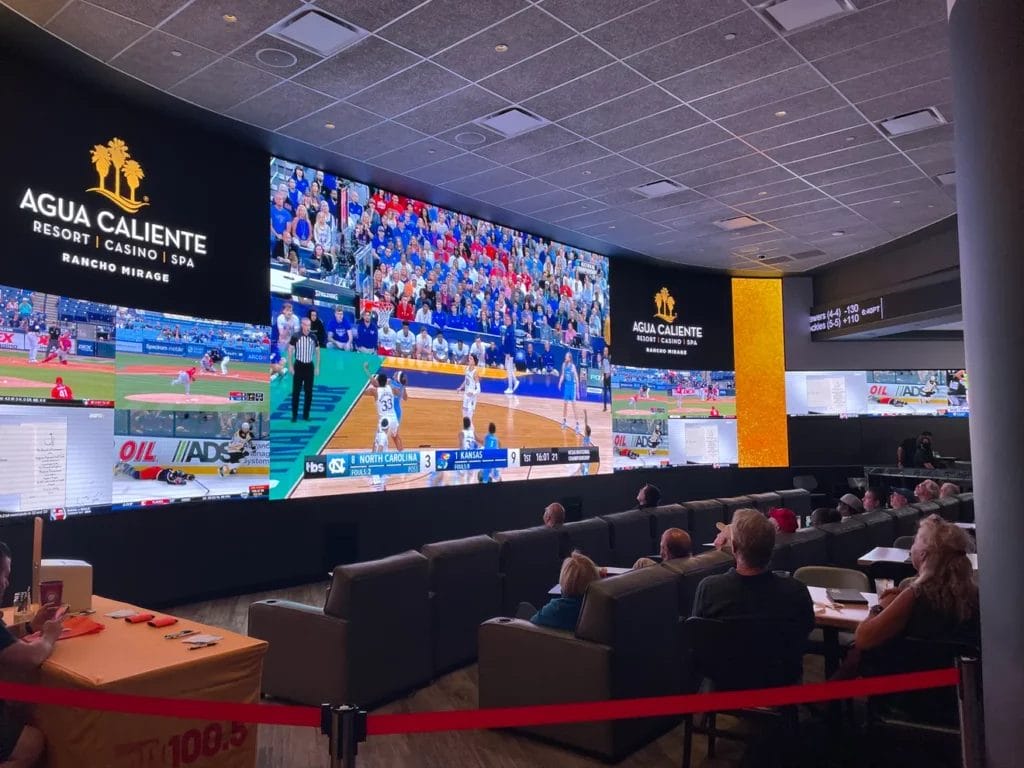Back in August, Major League Baseball became the first professional sports league to support statewide mobile gaming initiatives in California with the support of local teams such as the Los Angeles Dodgers, San Francisco Giants, and San Diego Padres.
Coalitions supporting and opposing Proposition 26 and Proposition 27 — dueling Propositions to expand sports betting in California — spent over $450 million on their respective campaigns, making it one of the most expensive ballot measures in state history.
However, the crushing defeat of two gaming propositions in November keeps the largest market in America closed to legal sports betting. According to some estimates, the measures to legalize California sports betting would have allowed gaming companies to bring in billions of dollars in revenue.
Major League Baseball releases statement regarding the push for online sports betting legalization in California: pic.twitter.com/yWo9jhFvHX
— David Payne Purdum (@DavidPurdum) August 12, 2022
Proposition 26
Backed by dozens of California’s Native American tribal governments, Proposition 26 would have legalized sports betting on the grounds at California tribal casinos while allowing them to offer roulette and craps as table games.
Proposition 27
Major gaming companies supported Proposition 27, which would have legalized online and mobile sports betting within the state. It was put on the ballot by sports betting companies which have expanded their business across the state since the U.S. Supreme Court overturned a federal ban on sports wagering in 2018.
The proposition was opposed by Native American tribes with land-based casinos who feared the measure would cut them out of a booming sports gambling market.
Spending Slowed
However, after Labor Day, the campaigns supporting both initiatives essentially folded their cards. Spending tailed off, and executives of the top sportsbooks signaled that legalization would likely have to wait until 2024.
Despite the avalanche of spending, voters never seemed all that invested in the fate of sports betting. The measures gained little support in public polling throughout the campaign, and an October survey by the Public Policy Institute of California found just 21% of likely voters thought the result of Proposition 26 was “significant,” with less than a third of likely voters saying the same about Proposition 27.
